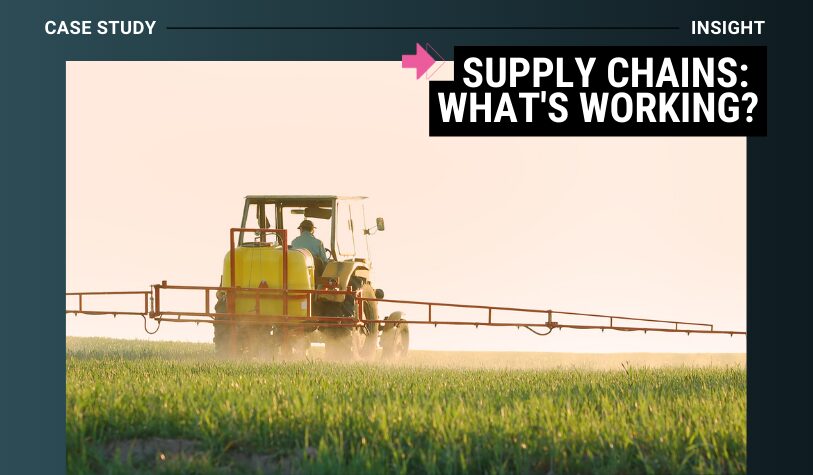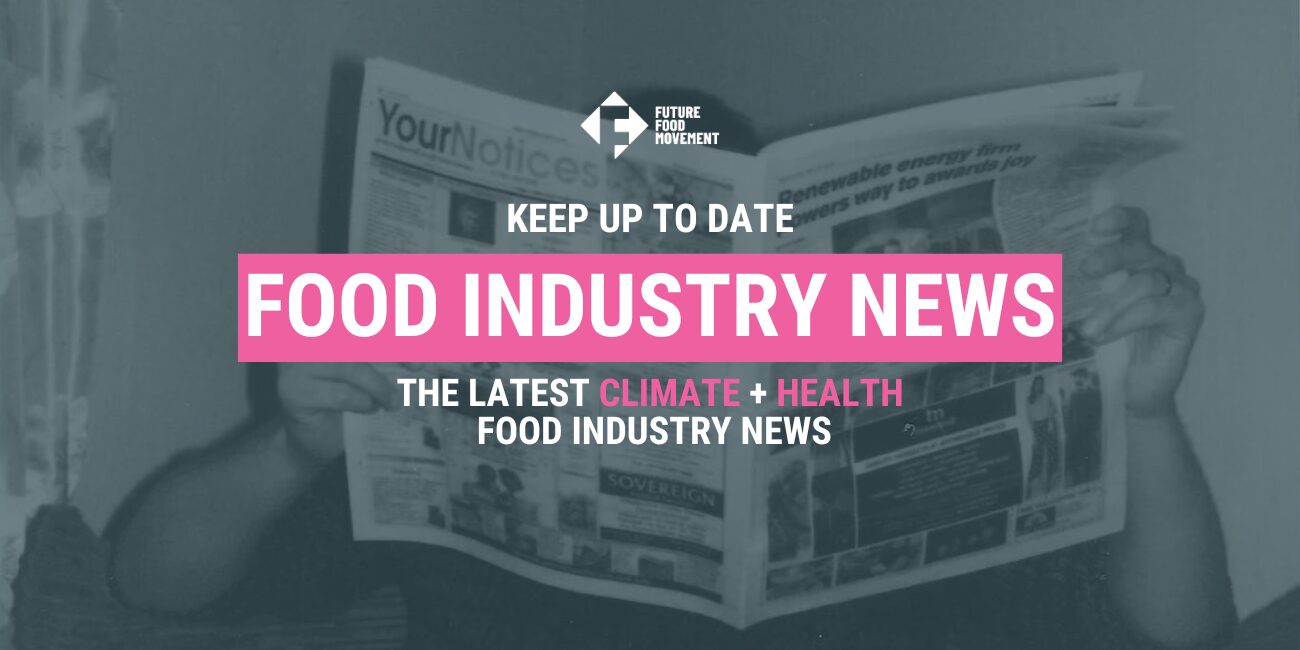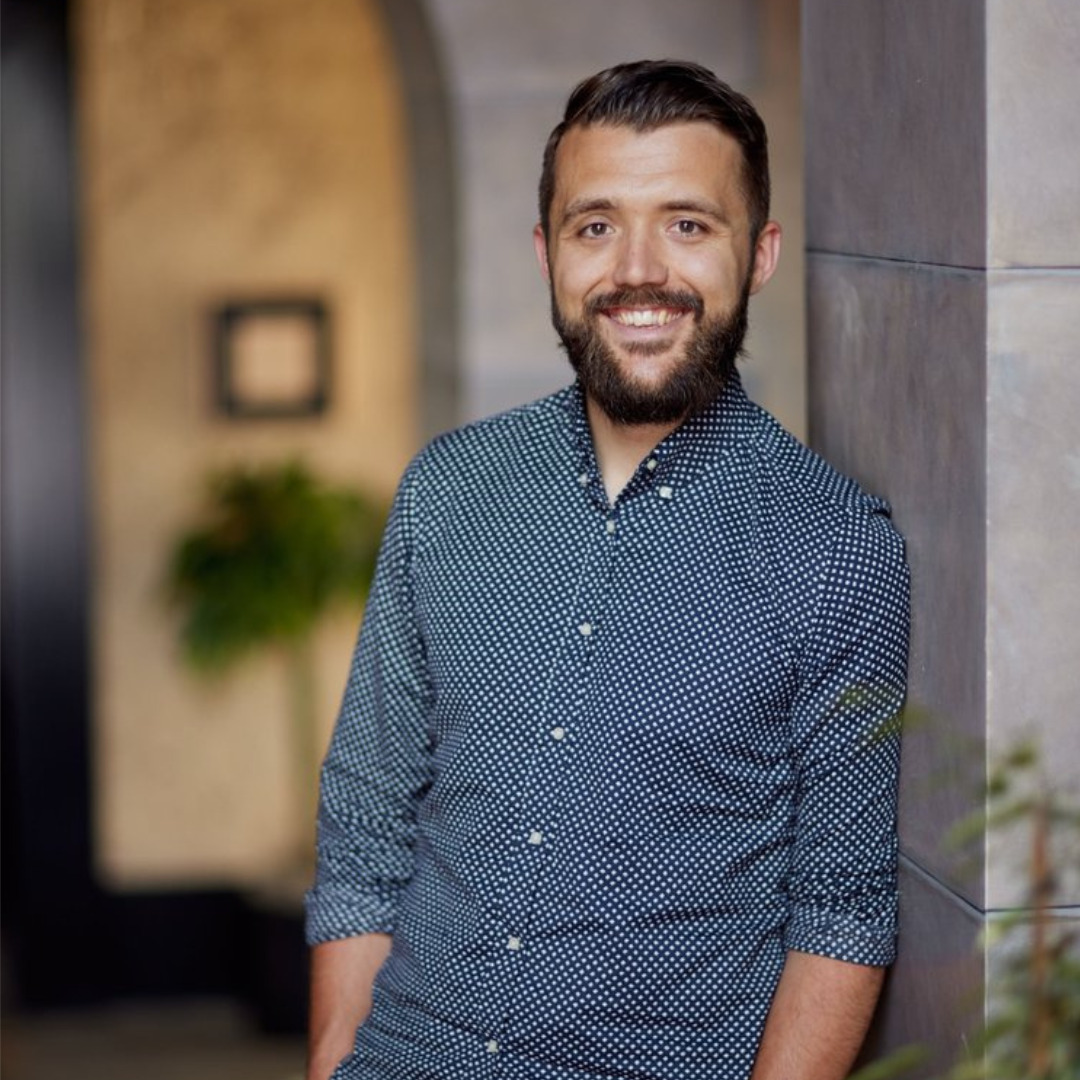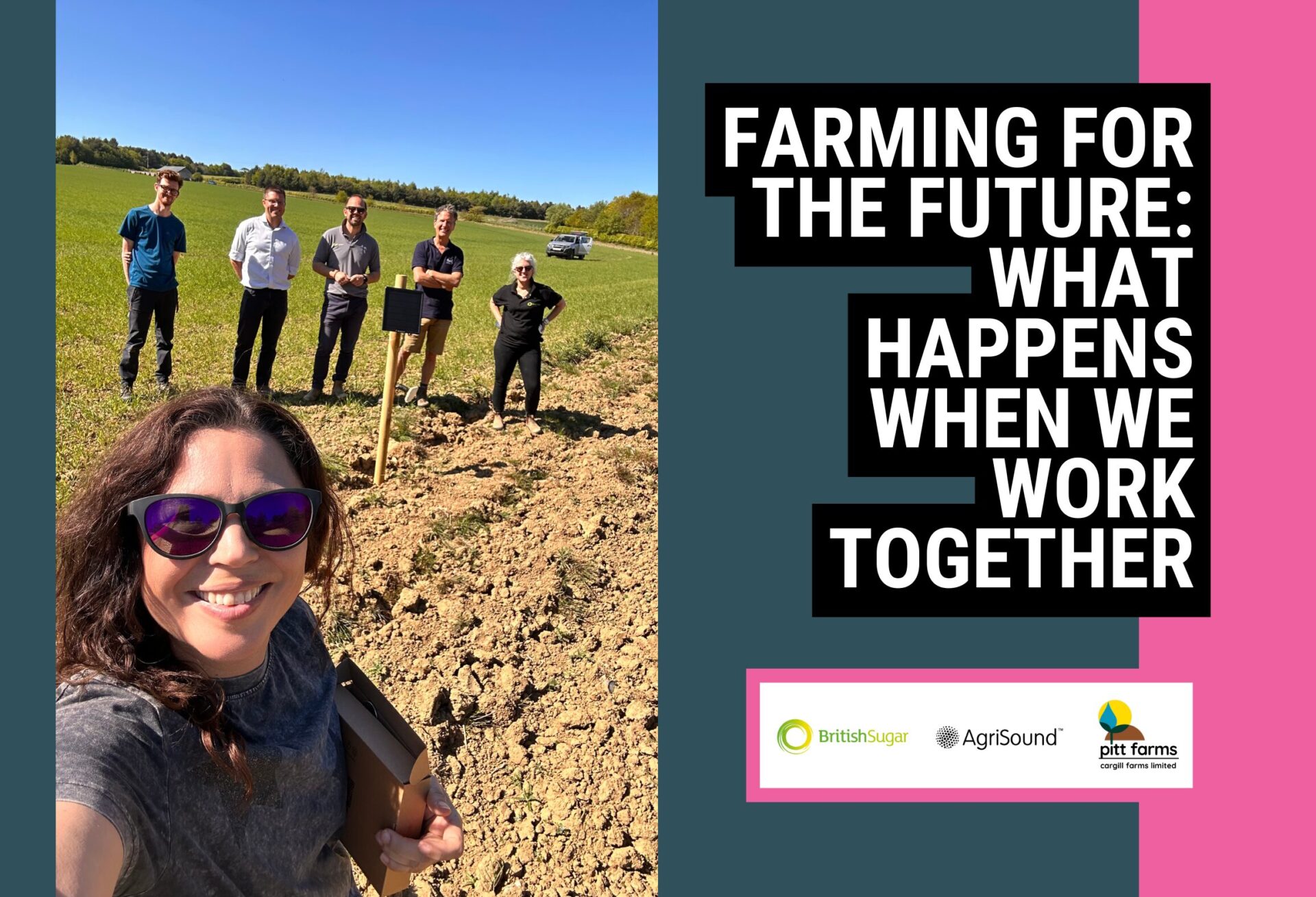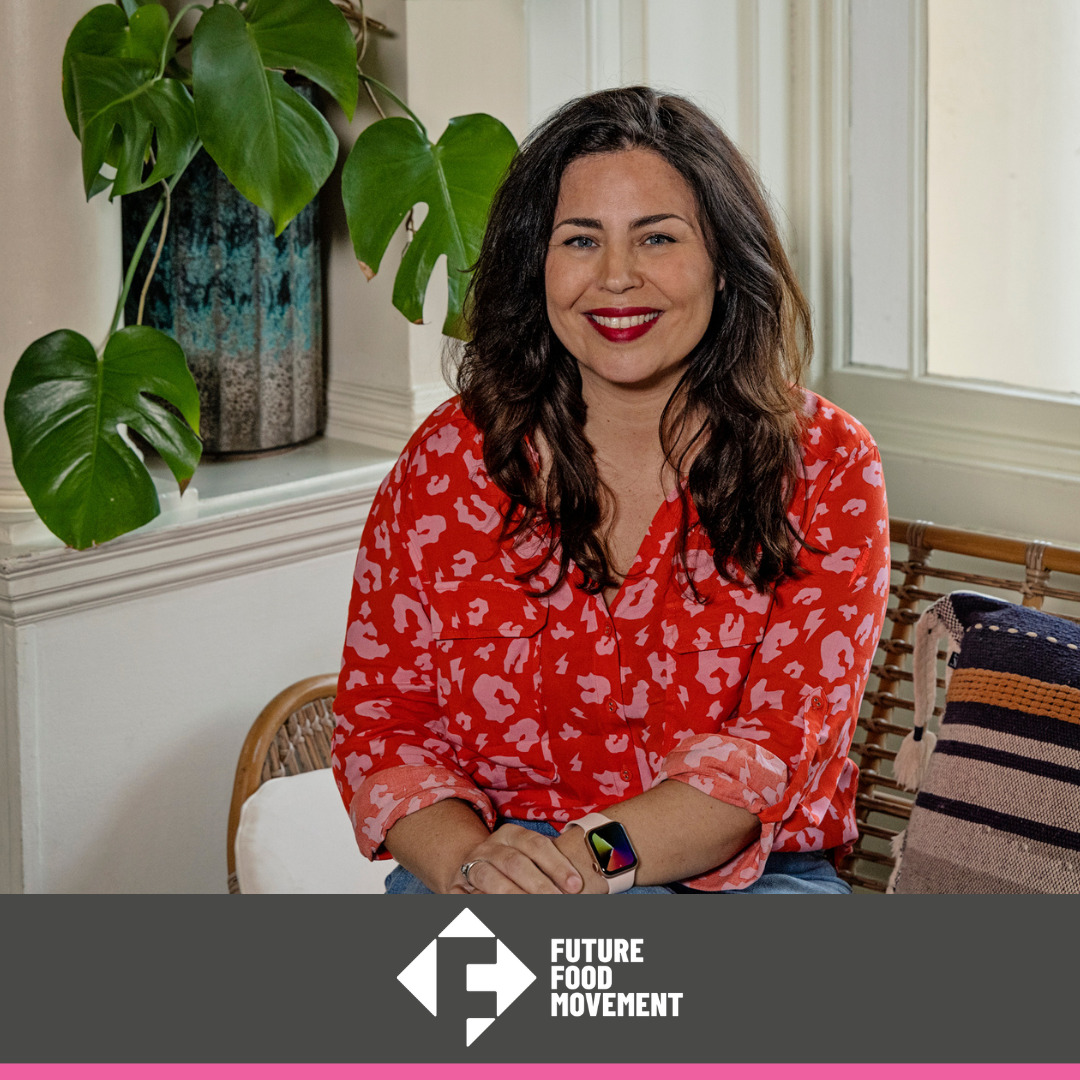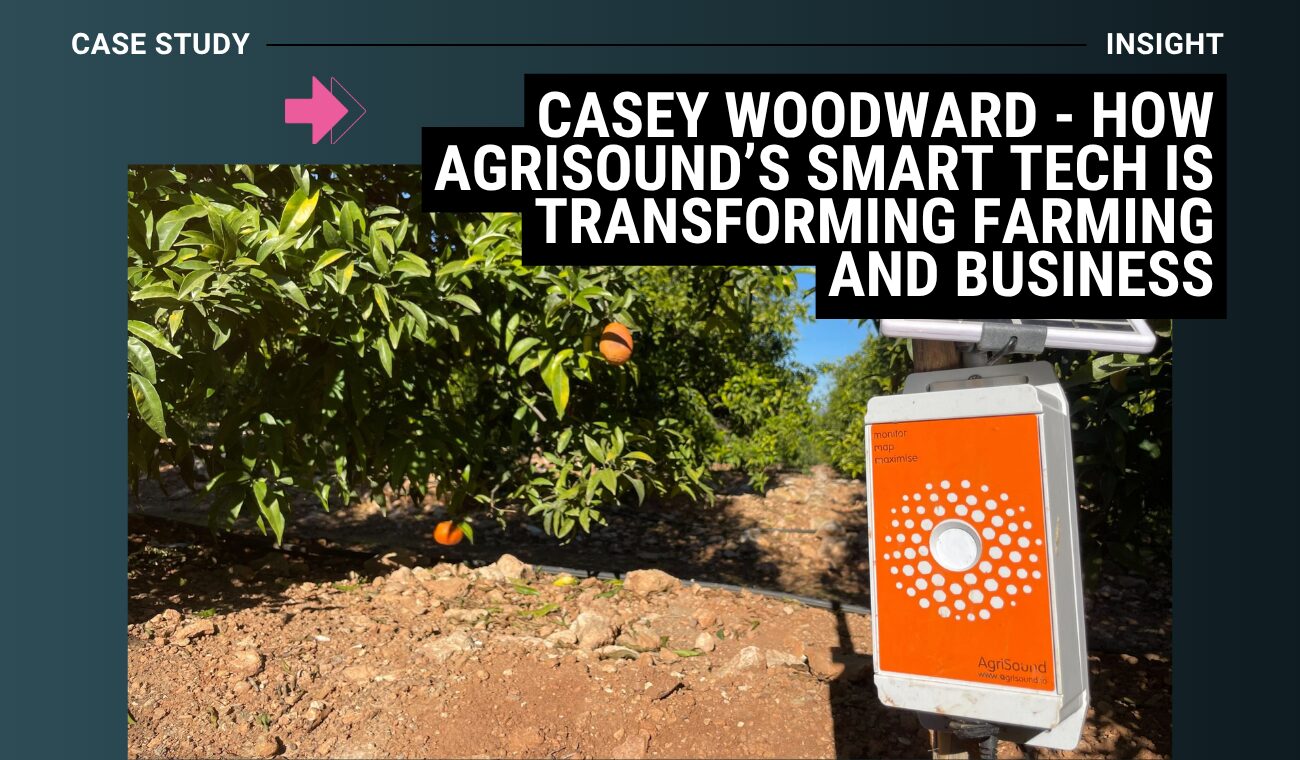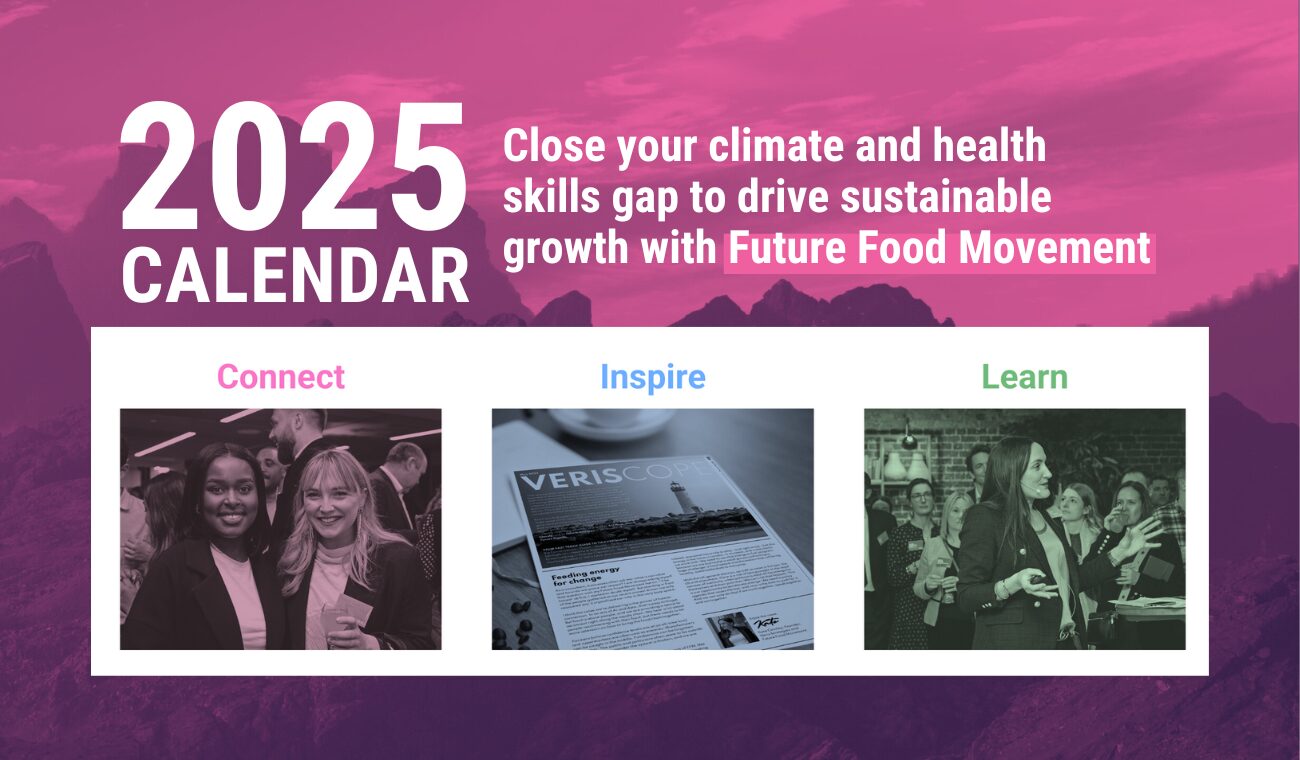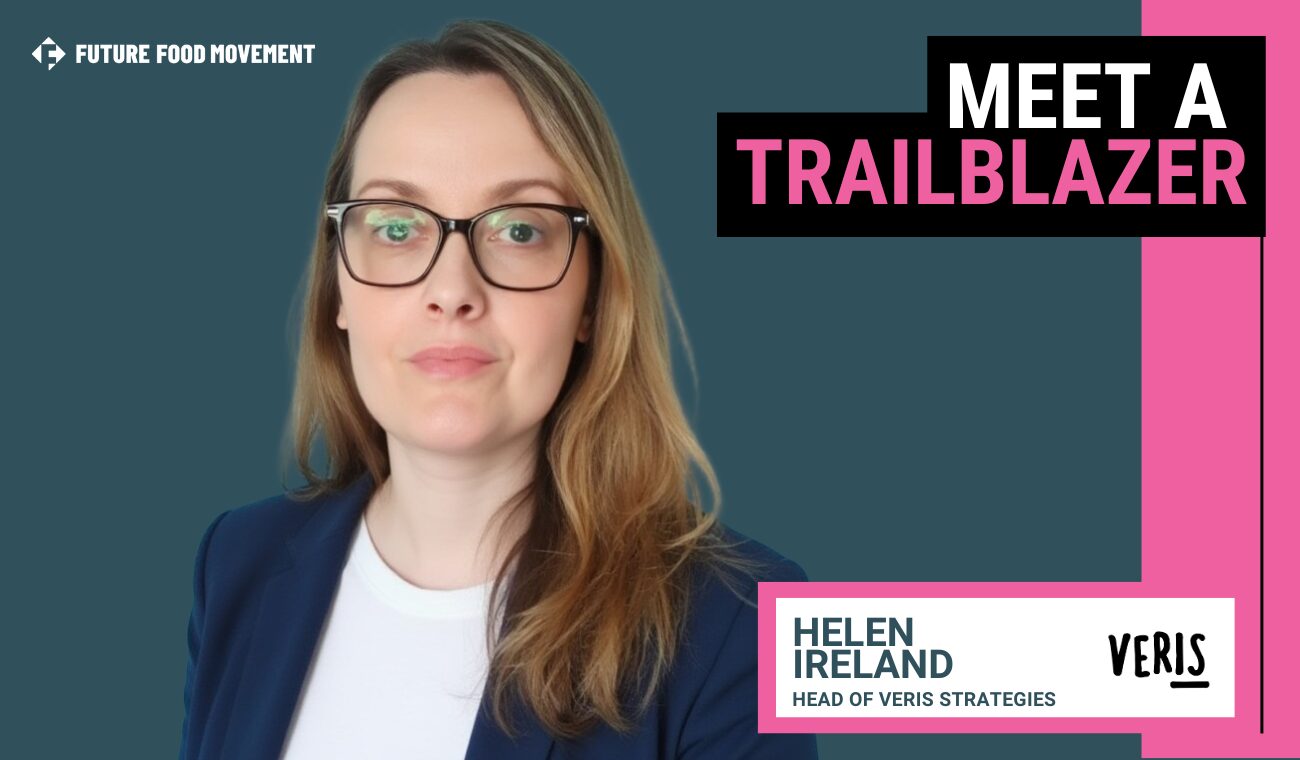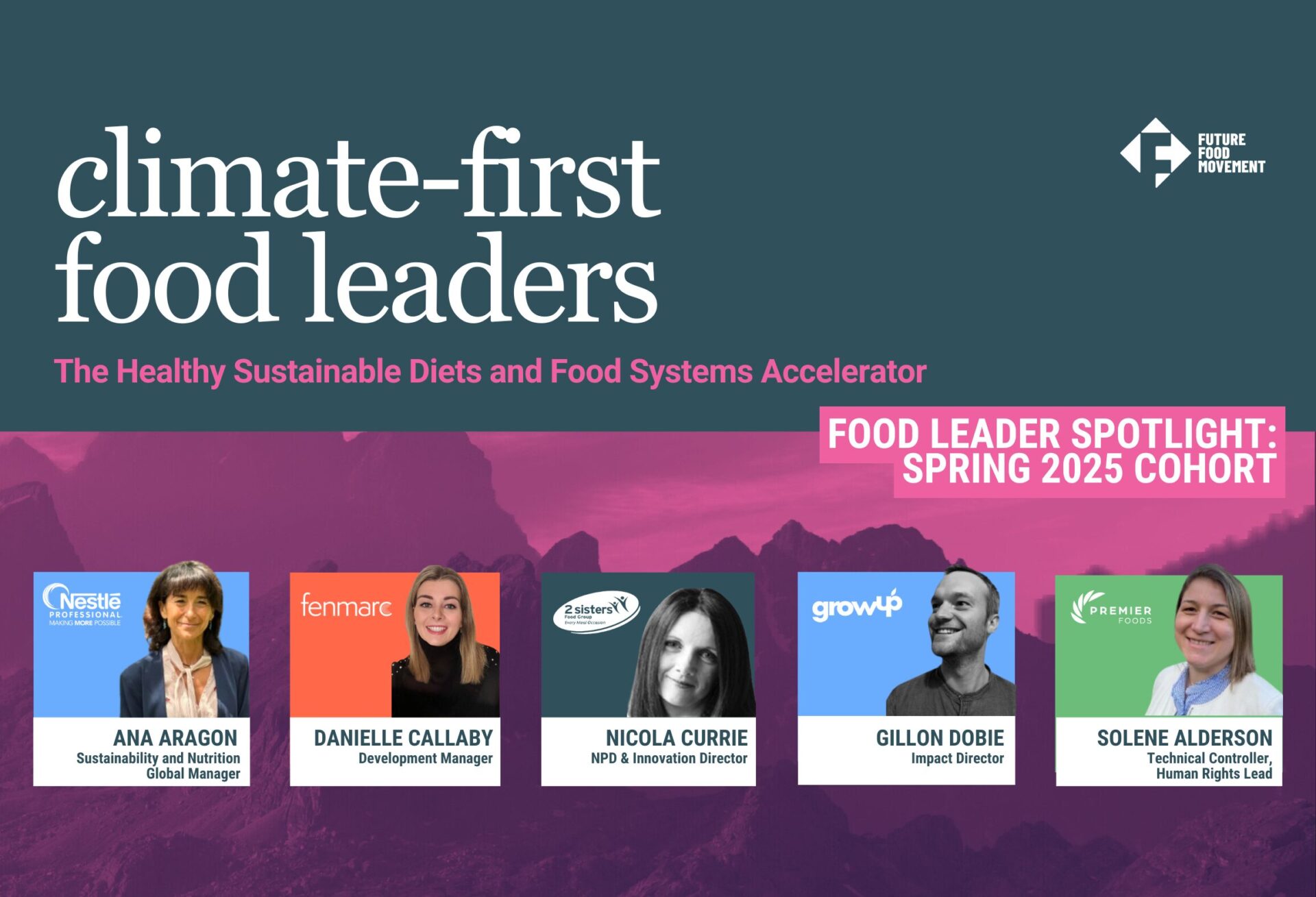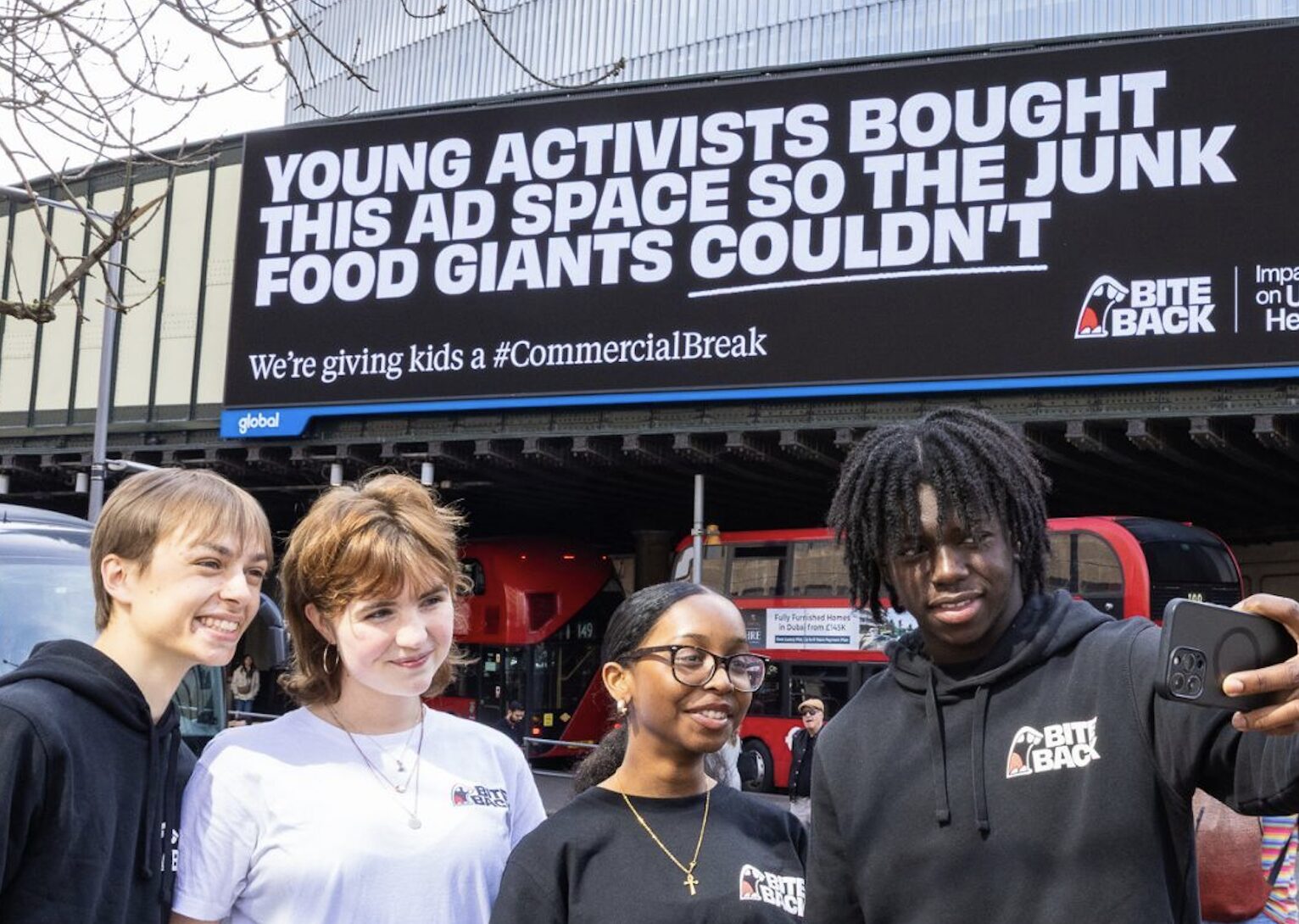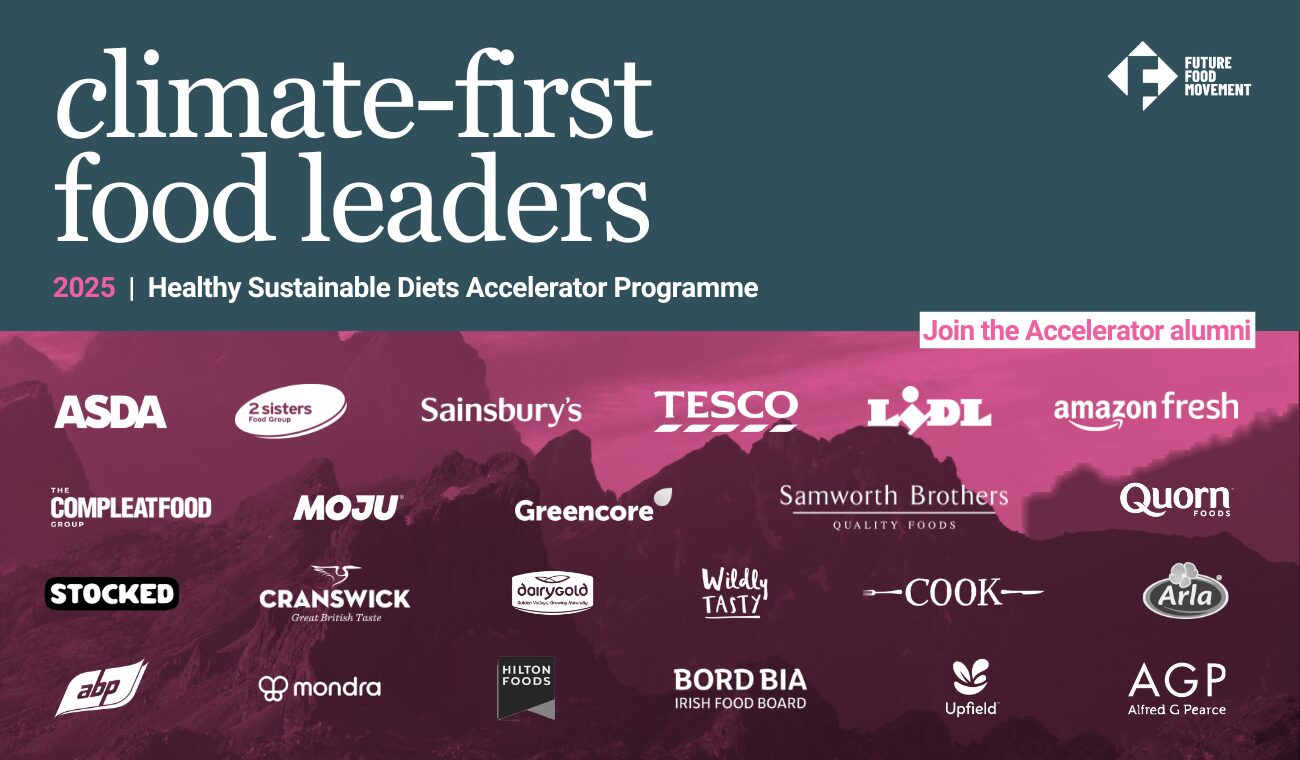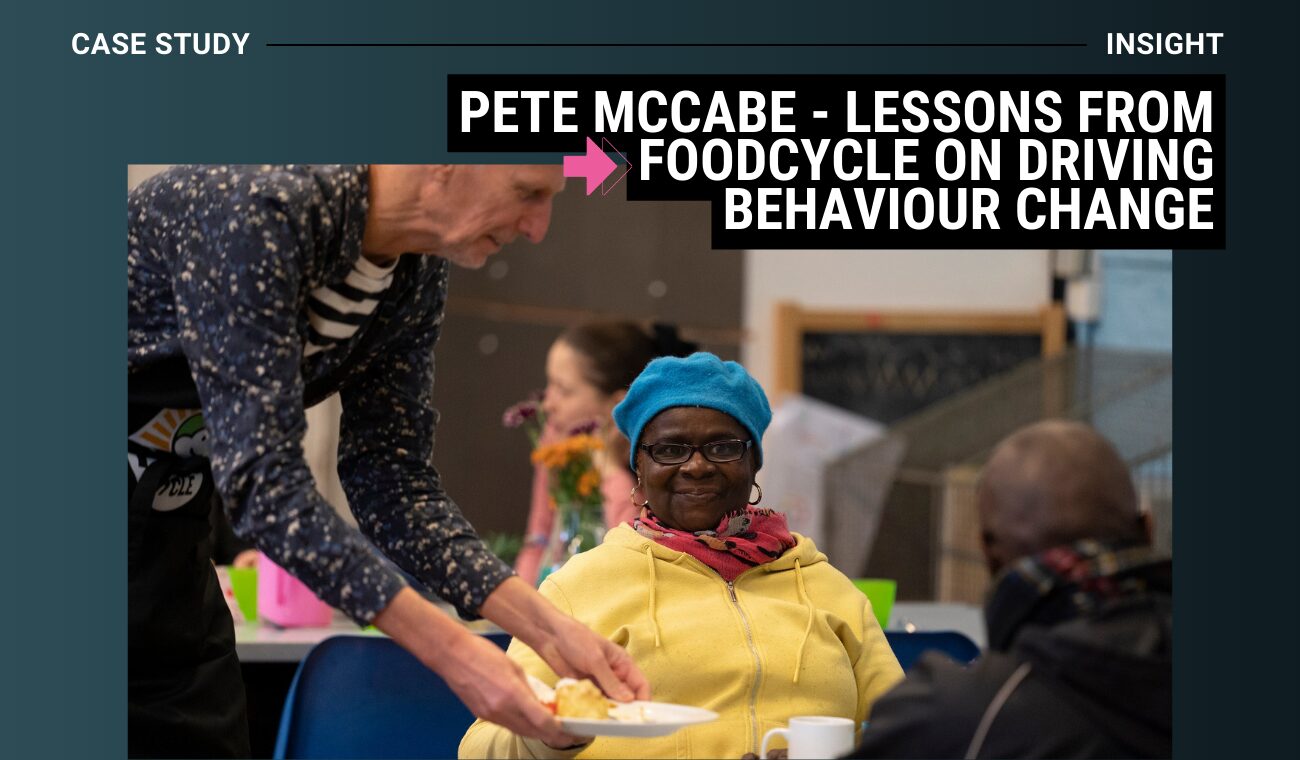At our recent Expert Event on Supply Chains, industry leaders came together to share practical, proven examples of positive supply chains relationships – collaborative, resilient and forward-thinking.
This is about more than efficiency – it’s about building supply chains that are commercially viable, ethically sound and future-ready. These examples are proof that change is happening – and it’s working.
Moy Park – Moy Park is offering poultry farmers 10-year contracts, giving them the confidence to invest in on-farm infrastructure. These contracts are backed by financing from Ulster Bank, combining long-term security with access to capital – a model that encourages growth and stability across the supply chain.
McCain – McCain is challenging norms in potato farming, where soil disruption is often unavoidable. They are collaborating with potato farmers to develop a framework that prioritises regenerative agriculture practices to reduce impact, ensuring a collaborative effort towards more sustainable potato production.
Lidl – Lidl’s collaboration with the Müller Next Generation programme brought young dairy farmers to their Doncaster distribution centre to share their challenges with Lidl executives, while gaining insight into retailer demands – building mutual understanding. Encouraging farmers to visit stores and factories, and vice versa, ensures your supply chain is aligned.
Wildfarmed – Often cited as a benchmark for what ‘good looks like’ in the industry (and for good reason), Wildfarmed is a standout example of regenerative farming done right. Known for their pioneering work with regenerative wheat, they have stepped into oats – but not as a single crop. Instead, they’ve begun intercropping, creating two income streams from the same field. It’s a direct challenge to monoculture, this is a smart, resilient approach that supports both biodiversity and financial security. What stands out most is Wildfarmed’s ability to make this viable by tapping into premium markets, helping to de-risk the model for early-stage growers.
Toast Ale – who open source their recipes to small-scale and home brewers and collaborate across the brewing sector from BrewDog to Freedom Brewery and Greene King – with the bigger mission of tackling food waste and collaborating with a wide range of bakeries too.
Co-op announced a £820K sustainability fund for British farmers – supporting and importantly rewarding farmers with more sustainable farm practises. This is acknowledging that the cost burden shouldn’t solely sit with the farmers. This is above the cost price paid.
What you CAN you do next?
5 commercial moves to make an impact
Trust over transactions – Are your farmer partnerships built on mutual trust or short-term deals? Make trust your operating model. Follow through on promises and invest in long-term relationships.
Engage beyond emissions – Are you only asking suppliers what they emit, or also what they need? Ask for risk plans, support needs and resilience priorities. Build this into ESG frameworks.
Co-design, don’t cascade – Are farmers shaping your strategy or reacting to it? Bring them in early. Build together. Ground your plans in real delivery.
Back diversity over efficiency – Are you rewarding scalable innovation or reinforcing monocultures? Diversify crops, practices and partners. Resilience depends on it.
Turn insight into action – Ready to build a future-fit supply chain? Bring in Veris to combine strategic vision, practical delivery and industry-leading intelligence. Contact hello@veris-strategies.co.uk

